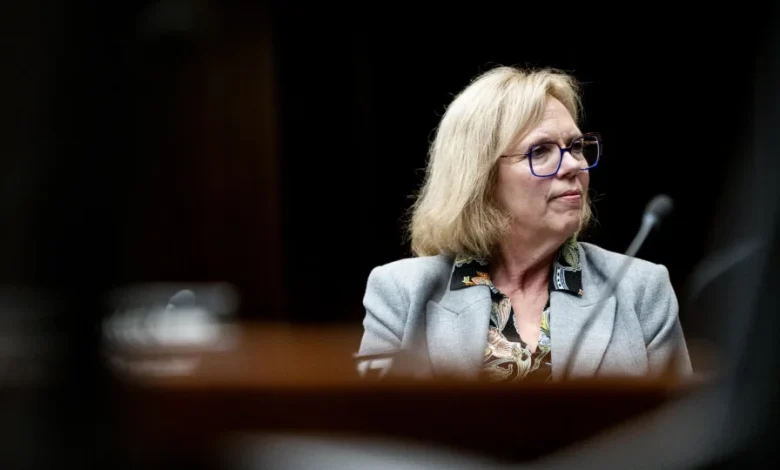The CBC claims it wants to appeal to rural and Western Canadians—does anyone actually believe that?

This week, we will learn whether CBC will receive the additional $150 million the prime minister promised during the spring election campaign or if it will be facing the 15 percent cut in spending it was asked to contemplate over the summer.
Perhaps it will be both. Maybe the $150 million on top of the Mother Corp’s current allocation of roughly $1.4 billion will be categorized as “investment” with the remainder accounted for as “operating.” Given that a new era of fiscal legerdemain has been forecast, anything seems possible, and a first test of the CBC’s independence will be whether and how enthusiastically it adopts the new language Mark Carney and his Finance Minister, Francois-Philippe Champagne, will be using to articulate what was previously known as a “deficit.”
Once that is out of the way, we’ll have a better chance of assessing new CBC CEO Marie-Philippe Bouchard’s chances of finding success with the new “plan” announced last month. To be clear, the CBC, like most corporations, outlines its strategic objectives on an annual basis. Nothing novel about that, and, as most people with experience in such matters can attest, this part of the process is just about aspirations. What really matters are the action plans to come.
So far, what we know is CBC intends to become more attractive to people in rural areas and Western Canada, or, as Bouchard put it, people “are less likely to be in contact with us.” Never mind that putting “Western Canada” and “rural areas” in the same sentence is itself likely to inflame CBC’s alienated critics. What Bouchard is describing is likely where most anglophone Canadians live. Western Canada is where 13.5 million almost entirely anglophone Canadians are located. It is home to, after Toronto, three of Canada’s largest anglophone cities—Vancouver, Calgary, and Edmonton.
When it comes to the market, Bouchard seeks to repatriate—as opposed to Radio-Canada’s Quebec-based francophone audience— what’s closing in on half the country. Add rural Ontarians, Maritimers, and others, and you’re into majority territory.
So, a wee bit more complicated than, as Bouchard recently explained, “being in the communities where they are” and “including a more diverse set of points of view.”
Continue reading




